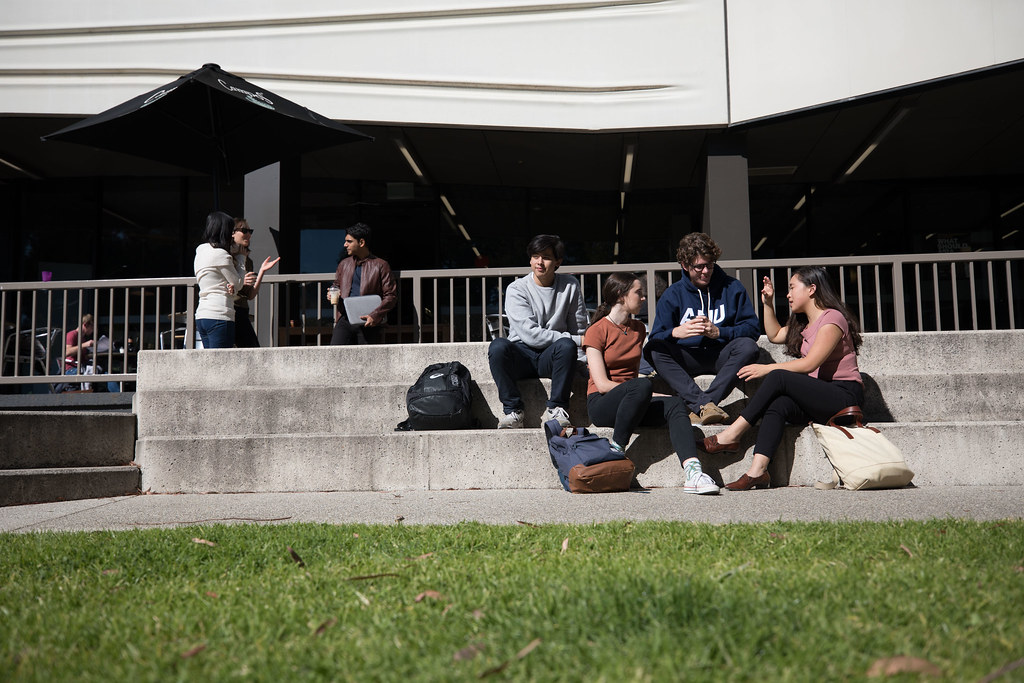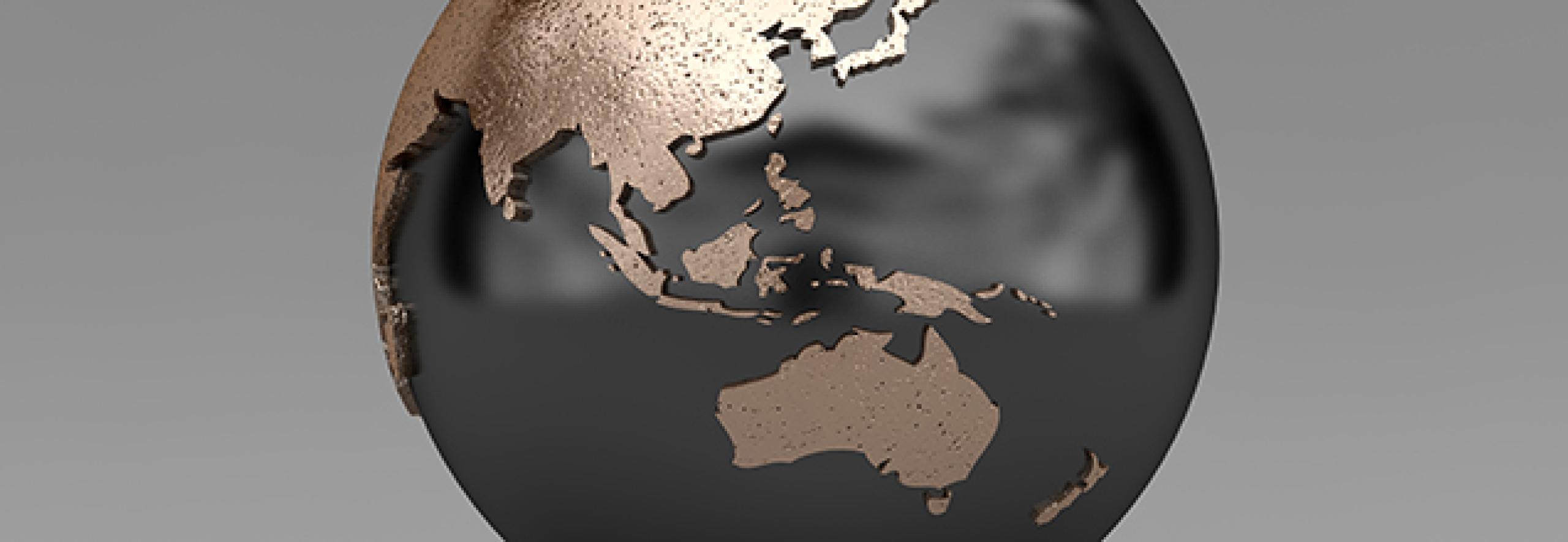
The Centre for International and Public Law seeks to enrich legal research into the relationship between governments, and between governments and their citizens from both domestic and international perspectives.
Director
Contact
Our members
Higher degree research Students
About CIPL
Since its establishment in 1990, the Centre for International and Public Law has been advancing the understanding of international and public law. The Centre’s members are leading experts in their fields of international and public law, and their research has had considerable impact on public policy at the local, national and international levels.
Capitalising on its proximity to the seat of our national government, the Centre has built strong connections within and across the federal government, including the Attorney General’s Department and the Department of Foreign Affairs and Trade, as well as other key national institutions, including the High Court.
The Centre runs two annual lectures - the Geoffrey Sawer lecture and the Kirby lecture in International Law and organises two major annual conferences - the Australian and New Zealand Society of International Law Conference and the Public Law Conference (Public Law Weekend). The Centre also runs monthly talk series, in conjunction with Attorney General's Department and the Department of Foreign Affairs and Trade (DFAT).
Through its visitor program, the Centre hosts international and domestic scholars, judges and government lawyers.

13 Jan 2025
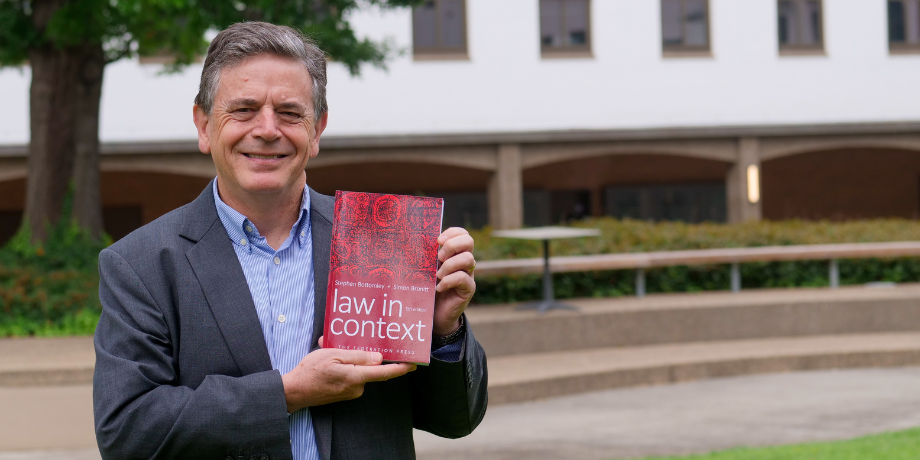
24 Jan 2024
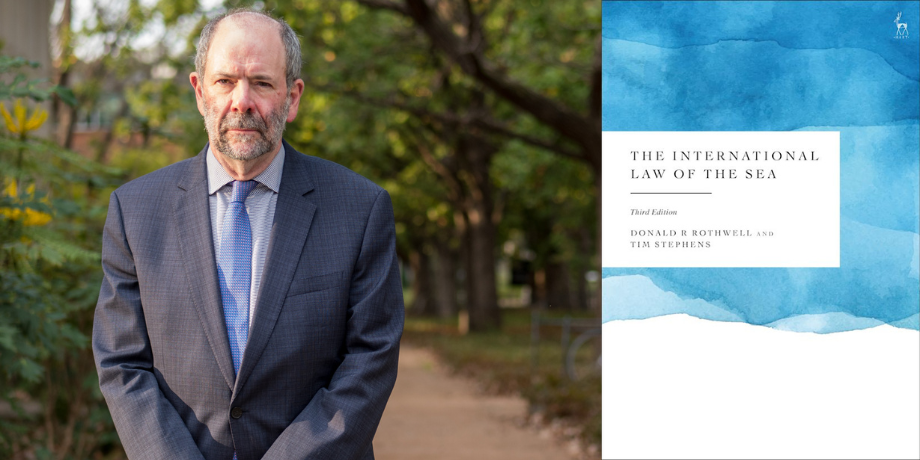
05 Dec 2023
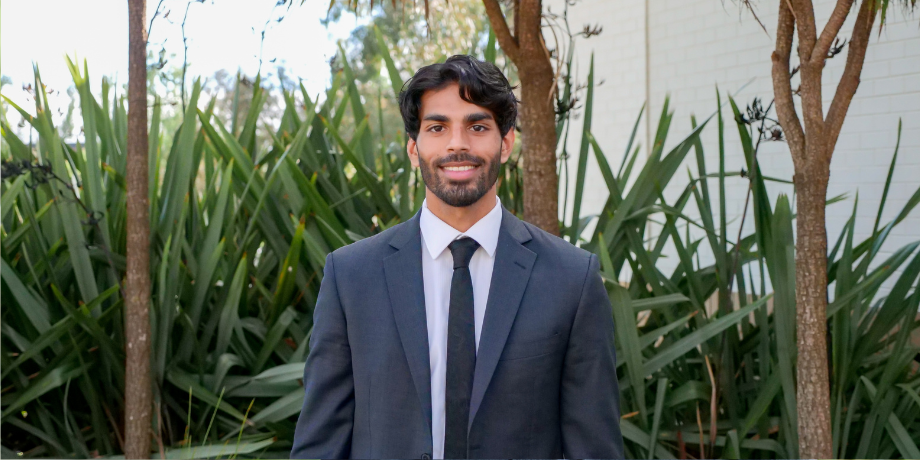
31 Oct 2023
Keshav Karupiah, a final-year Bachelor of Laws (Honours)/International Relations student at The Australian National University (ANU), recently spent three months in Rome immersed in a legal internship that shaped his outlook on law in more ways than one.

23 Oct 2023
In an era marked by China's growing influence and its expanding role on the global stage, there is heightened interest in understanding its involvement in various realms of global governance.

02 March 2026 5:30pm - 7:00pm
Moot Court, ANU Law School
This panel discussion will focus on the international impact of the second Trump Adminstration from multiple international law perspectives.

10 February 2026 5:15pm - 6:30pm
Courtroom 3, Supreme Court of the Australian
Capital Territory, Knowles Place, Canberra City
Join Professor Elliott for her insight on how the US Supreme Court, the sole forum for interstate disputes, disadvantages plaintiff states when avoiding interstate cases.
The Centre for International and Public Law produces a range of publications, including an annual yearbook, and a newsletter. Its members also regularly produce publications in the field of international law.
Australian Year Book of International Law
Published since 1965, theAustralian Year Book of International Law is the leading Australian academic journal on international law. It publishes articles on a range of international law topics, including human rights, environmental law and legal theory.
Each volume contains a section on Australian practice in both private and public international law, a summary and analysis of Australian cases in which international law is an issue, as well as a lively book review section.
The Year Book is valuable for those working in the field of international law, including government officials, international organisation officials, non-government and community organisations, legal practitioners, academics and other researchers. It will also be valuable to students studying international law, international relations, human rights and international affairs.
Cambridge University Press Series: Connecting International Law with Public Law
This six book series is a key output from the Centre for International and Public Law. It grew out of a series of workshops that brought together public and international lawyers and policy makers for interdisciplinary discussion on selected topics and themes.
- Vol 1: Kim Rubenstein and Jeremy Farrall (eds), Sanctions Accountability and Governance in a Globalised World.
- Vol 2: Thomas Pogge, Matthew Rimmer and Kim Rubenstein (eds) Incentives for Global Public Health:Patent Law and Access to Essential Medicines.
- Vol 3: Brad Jessup and Kim Rubenstein (eds) Environmental Discourses in Public & International Law.
- Vol 4: Mark Nolan, Fiona Jenkins and Kim Rubenstein (eds) Allegiance and Identity in a Globalised World.
- Vol 5: Hitoshi Nasu and Kim Rubenstein (eds) Legal Perspectives on Security Institutions.
- Vol 6: Katharine G Young and Kim Rubenstein (eds) The Public Law of Gender: From the Local to the Global.
This series Connecting International Law with Public Law can be purchased from Cambridge University Press.
Federation Press: Law and Policy Papers series
A regular series of papers published co-published with Federation Press that contribute to public understanding and discussion on issues of law and public policy, especially those that are the subject of contemporary public debate. Three papers are published each year, one each on administrative law, constitutional law and international law, written by experts in academia, government, the judiciary and the private legal profession.
The Centre has published 29 papers in this series between 1994 and 2015. For a full list of titles and to access the papers by subscription or individual purchase, see the Federation Press site.
Federation Press: Books
- Adrienne Stone and George Williams (eds), The High Court at the Crossroads: Essays in Constitutional Law, Papers from the 1999 Public Law Weekend, (2000).
- Robin Creyke and Peter Sutherland (eds), Veteran's Entitlements Law, (2000).
- Robin Creyke and Patrick Keyzer (eds),The Brennan Legacy: Blowing the Winds of Legal Orthodoxy,
Papers from the 1998 Public Law Weekend, (2002).
federationpress.com.au T +61 2 9552 2200 marketing@federationpress.com.au
Publications available from CIPL
- John McMillan and Judith Jones (eds), Public Law Intersections, paper presented at the Public Law Weekend 2000 and 2001, (2003).
- John McMillan (ed), The AAT: Twenty Years Forward, (1998).
- Robin Creyke and John McMillan (eds), The Kerr Vision of Australian Administrative Law- At the Twenty-Five Year Mark, (1998).
- Robin Creyke and Michael Sassella (eds), Targeting, Accountability and Review: Current Issues in Income Support Law, (1998).
If you would like a copy, please contact our administrator on cipl.law@anu.edu.au.
Occasional papers
- Diana Bryant, Chief Federal Magistrate, The Contribution of Children to Australian Administrative Law (PDF, 117KB) Sir Richard Blackburn Lecture presented at the Law Society of the ACT, 13 May 2003.
- Jennifer Clarke, Senior Lecturer, Faculty of Law, ANU, The Yorta Yorta Case (PDF, 26KB), December 2002.
- Jennifer Clarke, Senior Lecturer, Faculty of Law, ANU, Native Title After Ward and Wilson (PDF, 19KB), September, 2002.
- HE Mr John Dauth, LVO, Australian Ambassador and Permanent Representative to the United Nations, New York, Australia and the United Nations: Letter from New York, (PDF, 59KB), Paper presented at the second in the series of annual lectures by Australia's representative at the United Nations at The Australian National University, 24 July 2002.
- Larissa Behrendt, Professor of Law and Indigenous Studies, Director of Jumbunna Indigenous House of Learning, University of Technology, Sydney and Visiting Scholar, ANU, Mabo: Ten Years On (PDF, 47KB), Paper presented at the 'Legacy of Mabo: A Ten Year Assessment' forum to mark the tenth anniversary of the Mabo v Queensland (No 2) Case, 6 June 2002.
- The Hon Alastair Nicholson, AO RFD, Chief Justice, Family Court of Australia, Children and Young People: The Law and Human Rights (PDF, 199KB), Sir Richard Blackburn Lecture, presented at the Law Society of the ACT, 14 May 2002.
- The Hon Sir Anthony Mason AC KBE, Distinguished Visiting Fellow, Faculty of Law, Human Rights in China and Hong Kong (PDF, 77KB), Paper presented at The Australian National University, 21 August 2001.
- Kirsty McIntyre, Manager, Legislation and Compliance, National Road Transport Commission and Barry Moore, Director, Strategy, National Road Transport Commission, The National Road Transport Commission: An Experiment in Cooperative Federalism (PDF, 109KB), Paper presented to the Public Law Discussion Group, The Australian National University, 17 July 2001.
- Terry Connolly, Master, Supreme Court of the Australian Capital Territory, Professions and Federation: The Emergence of a National Market in Legal Services and a National Legal Profession (PDF, 67KB), Paper presented to the Public Law Discussion Group, The Australian National University, 22 May 2001.
- Pat Brazil AO, Special Counsel, Phillips Fox Lawyers, Offshore Constitutional Settlement 1980: A Case Study in Federalism (PDF, 43KB), Paper presented to the Public Law Discussion Group, The Australian National University, 5 April 2001.
- Ian Govey, General Manager, Civil Justice & Legal Services, Commonwealth Attorney-General's Department, Corporations Law: A Case Study in Federalism (PDF, 67KB), Paper presented to the Public Law Discussion Group, The Australian National University, 21 February 2001.
- John Broome, former head of the National Crimes Authority, The Electronic Revolution: Is the Nation State Redundant? (PDF, 96KB), Paper presented to the Public Law Discussion Group, Australian National University, 23 November 2000.
- The Hon. Gough Whitlam AC QC, Constitutional Changes After 1975 (PDF, 62KB), Speech to mark the 25th anniversary of the dismissal of the Whitlam Government, 11 November 2000.
Related organisations
- Australia & New Zealand Society of International Law
- Australian Institute of Administrative Law
- Castan Centre for Human Rights Law, Monash University
- Centre for Democratic Institutions, The Australian National University
- Gilbert+Tobin Centre of Public Law, UNSW
- Institute for International Law and the Humanities, University of Melbourne
- New Zealand Centre For Public Law
- Public Interest Lawyers UK
- Sydney Centre for International and Global Law, University of Sydney
Internships
The Centre for International and Public Law offers undergraduate students the opportunity to undertake an internship as part of LAWS4230, a subject which offers selected high achieving students an unparalleled opportunity to carry out a law-based research project in a legal professional workplace. This elective course develops both legal knowledge and a lawyer’s approach to problem identification, analysis and recommendations.
Students should contact the Centre Director to discuss the possibility of undertaking an internship with the Centre.
Previous interns are listed in our People section, and if you click on their name you can read accounts of their experiences as a CIPL intern.
Visitors Program
Under the ANU Law School’s Visiting Scholar Program, the Centre offers two visiting opportunities – one for Judges, and the other for Government visitors.
Judge-In-Residence program
The Judge-in-Residence Program provides an opportunity for judges to enjoy a research intensive period at the Law School. Judges-in-Residence have the opportunity to be part of the research community, benefitting from, and contributing to, the vibrancy of the Law School’s research culture.
Government Visitor program
The Centre offers the opportunity for a government officer to enjoy a research intensive period at the Law School. Government Visitors will pursue a research project while at ANU and be willing to draw from, and add to, the intellectual life of the Law School.
